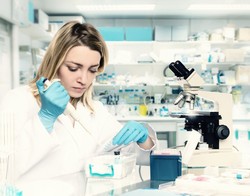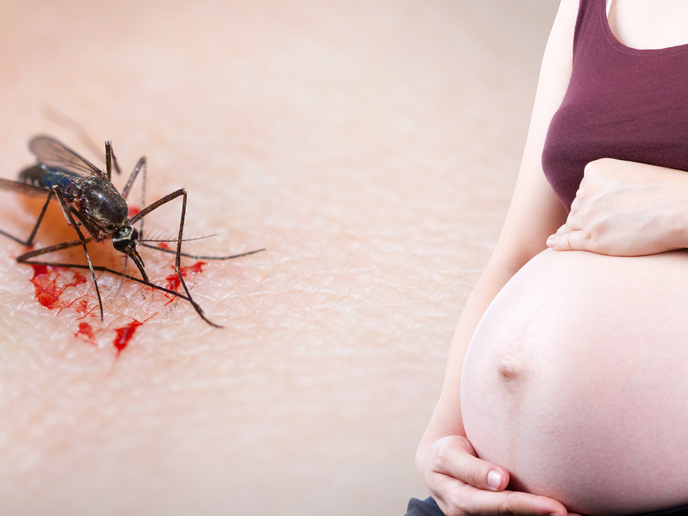Accelerated research in the Czech Republic
Approximately 400 staff and 100 PhD students add up to one of the most competitive research facilities in Europe for studies on topics that include gene cascades in development regulation, biological clocks and parasite-host relationships. Raising the level of research in invertebrate and plant model organisms, the MODBIOLIN(opens in new window) (Use of model organisms to resolve crucial biological problems on the path to innovations) project has delivered a mass of new knowledge for application in health, agriculture and the world of biotech. Research topics included telomere length (notoriously related to ageing), identification of drug targets for medically important parasites such as Leishmania and Trypanosoma, and improvement of crop properties. Model organisms include Drosophila, the tick Ixodes and Arabidopsis thaliana. To enhance research potential, the project is focusing on the study of management systems and research organisation partnering with four state-of-the-art institutions in the EU. Knowledge exchange, sharing and dissemination as well as team collaboration within the European Research Area (ERA) are key elements of the research synergy. Nine new researchers are working with upgraded equipment, including lab instruments costing EUR half a million. A state-of-the-art bioluminescence microscope has enabled observations of living cells at the molecular level. With emphasis hinging on biochemical cascades and molecular crosstalk, the microscope delivered details of transcriptional and translational dynamics, molecular intracellular interactions and intracellular signal pathways. Perhaps the most important feature of the BCAS upgrade was its careful attention to staff recruitment with management incorporating a strong exchange policy. Staff evaluation was practiced not only internally between teams but also by external assessment from the Steering Committee. Socioeconomic consequences of these policies were enormous as evidenced by the equalisation of the gender ratio, continuous contracts, and regional representatives in national and EU organisations. Project results promise to translate from the lab to industry, promoting local and European progress in all biotech areas. More than 80 papers have been published on MODBIOLIN research. A video on the project infrastructure will continue to inform stakeholders of the importance of research for promoting European welfare and economics. Other media included a press conference, leaflets and internet publications.







